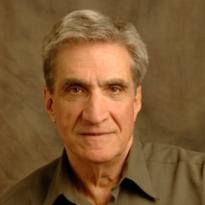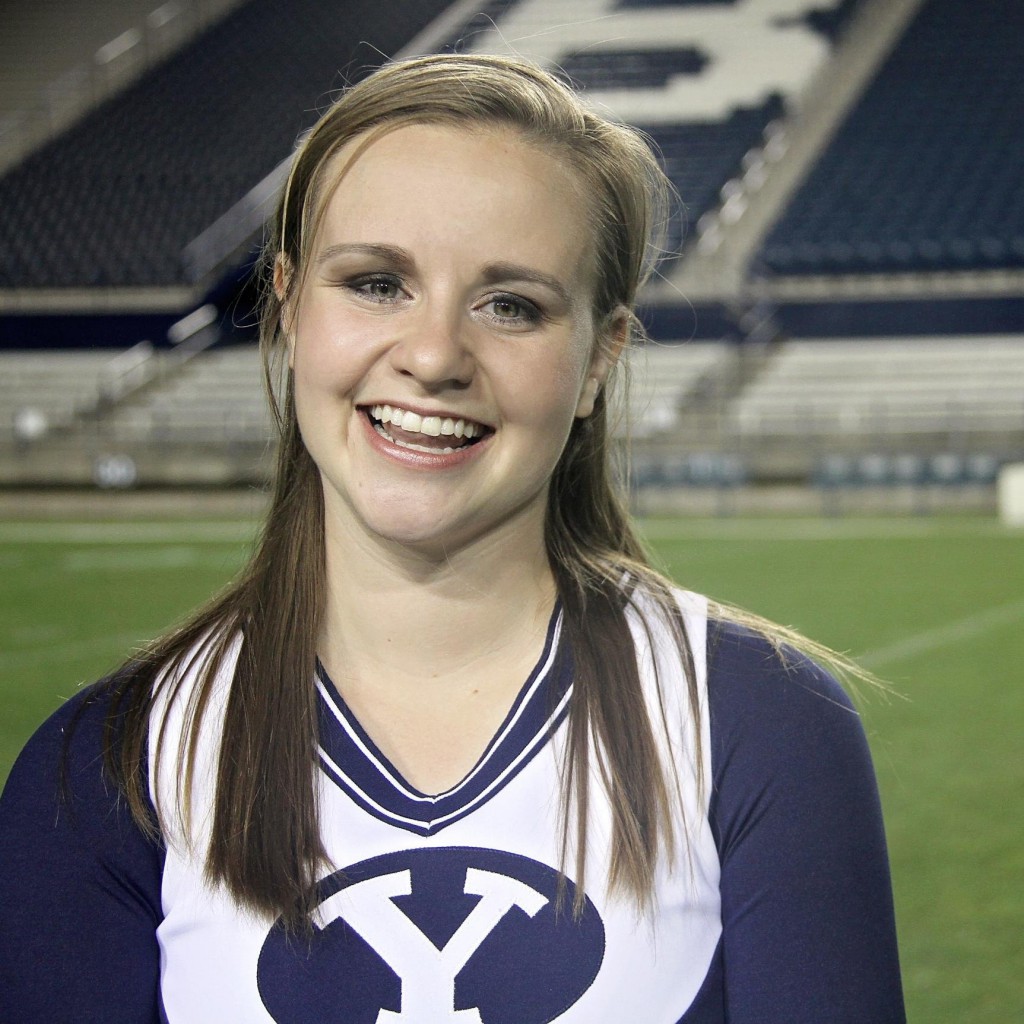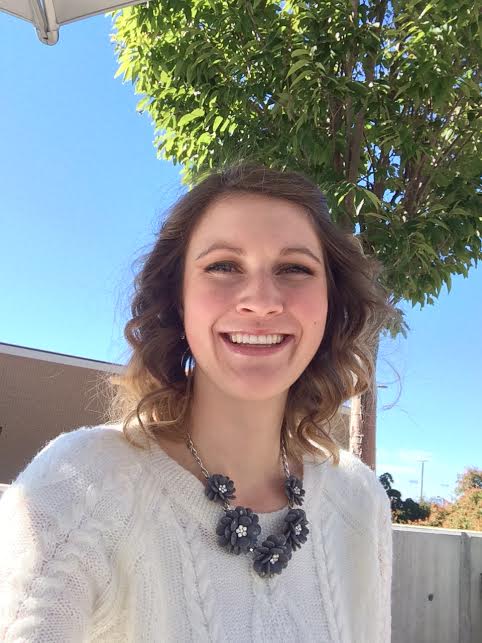The following is a sort of “advice column” from the Writing Center that gives some writing tips for academic papers.
In high school you might have learned to write essays with five paragraphs: one to introduce your thesis, three to argue it, and one to conclude it. Writing at the collegiate level, however, rarely allows for such a rigid formula. Depending on the complexity and depth of your assignment, you might have to provide more than just evidence for your thesis. You may have to contextualize it, challenge its counterarguments, offer solutions—things that could employ any number of paragraphs, not just five.
A strong thesis can help you avoid formulaic writing and effectively communicate with your audience. The more you learn about the purpose, definition, and technique of thesis statements, the stronger your theses will become, and the more your subsequent skills of organization, technique, and style will improve.
A thesis defines the scope of a piece of writing, the limits of what material your work will cover. It helps readers understand what to look for as they read, and it can help keep you from digressing as you write. Additionally, a thesis gives the writing energy, a sense of forward motion, which captivates your readers and leads them through each paragraph to the conclusion.
Your job in researching a topic is to compile observations, which are deductive statements about the facts that you discover. You may conclude something like:
“Julius Caesar was a tyrant.”
While this opinion is useful in beginning your writing, it’s difficult to sustain strong academic writing on such a one-dimensional idea. A strong thesis combines observations with perspective. As you collect your observations, ask yourself what factors might have caused the conditions of your observation or what implications your observation might lead to. You might posit something like
“Julius Caesar’s experience in the military cultured his tyrannical behavior.”
A perspective like this adds dimension to your writing, which will ultimately make it more reasonable and engaging.
Strong theses also employ concrete words, which reference particular, explicit ideas. Words like “Julius Caesar,” “aggressive,” “establishment,” and “dictator” are specific enough to form a coherent concept and keep your reader from getting confused. With more concrete words, a thesis might look something like this:
“Julius Caesar’s aggressive leadership at the Battle of Alesia led to his establishment as a dictator.”
Try to think of your thesis from an unbiased perspective. Have you considered all the implications of your argument? What would someone who disagrees with you have to say? The strongest theses do not ignore their counterarguments, but confront them openly. They inspire opposing points of discussion, rather than put them down.
Developing these advanced strategies might seem overwhelming, but practicing them as much as you can will improve your writing in the long run. If you ever need help, come talk to a Writing Center tutor.
 Last week at the English Reading Series we had the privilege of hearing from Robert Pinsky. Not only did Pinsky serve as poet laureate, he also turns out to be a marvelous reader. I’ll be the first to admit that my eyes tend to glaze over a bit when I hear poetry read aloud (sorry, no tar and feathers, please), but Pinsky had an entertaining and almost magical way of reading. He read a bit out of his translation of Dante’s Inferno (which I didn’t know about but seriously, it was so much better than the other translations I’ve read–no offense to other translators), and then he took requests for individual poems. He also answered several audience questions, such as “What advice would you give an aspiring writer?” His answer–take note, you aspiring writers out there–was to “Make your own anthology of works you love.”
Last week at the English Reading Series we had the privilege of hearing from Robert Pinsky. Not only did Pinsky serve as poet laureate, he also turns out to be a marvelous reader. I’ll be the first to admit that my eyes tend to glaze over a bit when I hear poetry read aloud (sorry, no tar and feathers, please), but Pinsky had an entertaining and almost magical way of reading. He read a bit out of his translation of Dante’s Inferno (which I didn’t know about but seriously, it was so much better than the other translations I’ve read–no offense to other translators), and then he took requests for individual poems. He also answered several audience questions, such as “What advice would you give an aspiring writer?” His answer–take note, you aspiring writers out there–was to “Make your own anthology of works you love.”


![10534108_10202392915930643_3462640012438577186_n[1]](http://englishsociety.byu.edu/wp-content/uploads/2014/10/10534108_10202392915930643_3462640012438577186_n1-300x225.jpg)
![10603370_10202566787877333_6207602554636434621_n[1]](http://englishsociety.byu.edu/wp-content/uploads/2014/10/10603370_10202566787877333_6207602554636434621_n1-300x225.jpg)